THE SAND PEBBLES by RICHARD MCKENNA /CHINA /GUNBOAT /HARPER PRIZE
Select Format
Select Condition 
You Might Also Enjoy
Book Overview
This now-classic novel by Richard McKenna enjoyed great critical acclaim and commercial success when it was first published in 1962. The winner of the coveted Harper Prize, it was on the New York Times bestseller list for seven months and was made into a popular motion picture that continues to be shown on television today. Set in China on the eve of revolution, the book tells the story of an old U.S. Navy gunboat, the San Pablo, and her dedicated...
Related Subjects
Betrayal Colonialism Loyalty Self-Discovery Warfare War Fiction Action & Adventure Fiction Genre Fiction HistoryCustomer Reviews
Rated 5 starsAmerica present at China's emergence as a nation.
"The Sand Pebbles" is an interesting and entertaining novel set in China circa 1925. China is governed by feuding warlords, and its foreign trade is dominated by foreign "treaty powers" including the USA, Japan, and the leading European nations, all of which maintain strong naval and marine forces in China to maintain their positions and protect foreign persons and property.The novel takes place on an obsolete, barely functioning...
1Report
Rated 5 starsA classic of America in China
Old China Hand had a meaning during the early 20th Century. Jake Holman, primary American character of this book is an old China hand. He's a sailor on an American gunboat, a part of the multi-national forces cruising the interior waters of a China in the throes of unrest, warlordism, rebellion, turbulence and chaos created by the downfall of the Manchu Dynasty and the Boxer Rebellion.Jake's navy is one that resembles the...
1Report
Rated 5 starsAn unknown facet of the US Navy comes to light and life.
The Sand Pebbles is the story of a small ship, on a small river deep in the heart of China. Unknown by most of the rest of the world but home to the crew of the ship. McKenna, a former Asiatic Fleet Sailor, describes life in the river gunboats of the 1920s with an accuracy and authenticity that is amazing. I could almost feel the heat of the engines and the aromas from the galley.The book is a study of men in the Navy...
1Report
Rated 5 starsA Classic
This is one of my favor novels, one that I would want on the proverbial desert island. I re-read it about once every ten years, and it's always fresh. This is a novel that can be enjoyed on many levels. It is an historical action-adventure story, with lots of pushing, shoving and fighting. It's a historical romance, in the tradition of Sir Walter Scott: a hero in an exotic foreign land, a long time past, fighting for what's...
1Report
Rated 5 starsdevotion to a simple democratic code
It is one of the great ironies of American life that the U. S. military, though it is necessarily one of our least democratic institutions, offers many young people a unique opportunity to realize the American dream. This is so because in addition to providing them with training and instilling discipline, it has, for the most part, functioned as a meritocracy. Which is not to suggest that it has been devoid of politics...
1Report










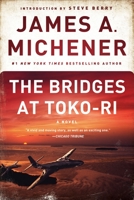

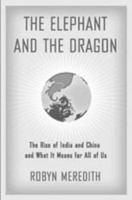

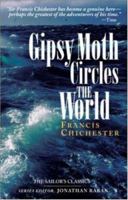
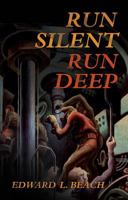
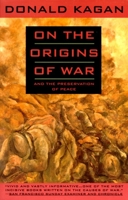
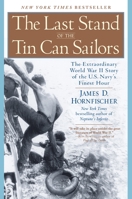
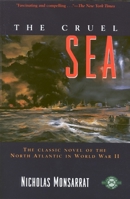
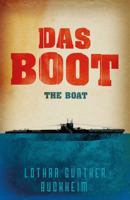
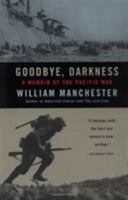
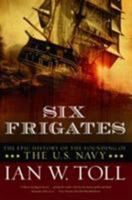
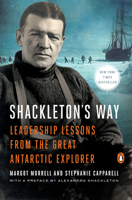
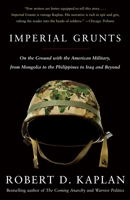
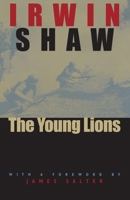
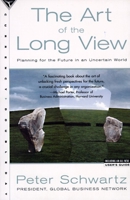


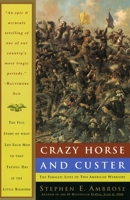





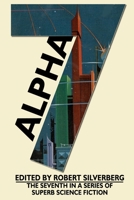

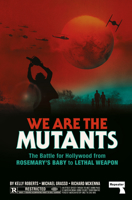








![The Sand Pebbles (Bluejacket Books) [Paperback] [2008] (Author) Richard McKenna](https://m.media-amazon.com/images/I/51iWyZ2M2wL._SL200_.jpg)
